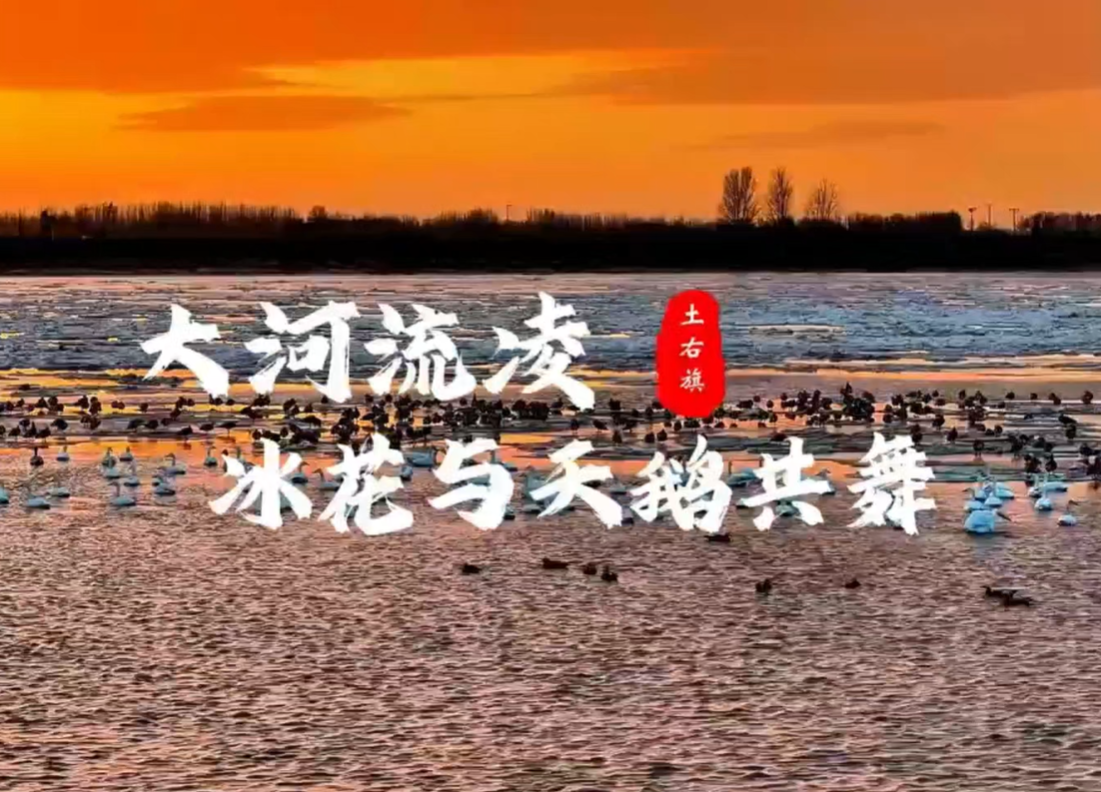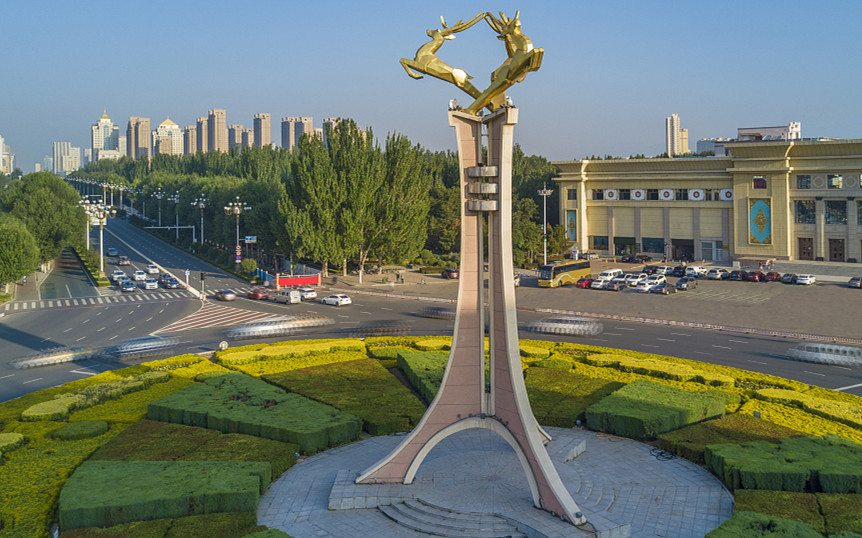Baogang sees rapid growth in steel exports
With expanded reach to key global markets, Baogang Group said it has achieved growth in both scale and quality, as well as significant progress in steel exports.
According to the latest data from the Baotou, Inner Mongolia autonomous region-based major steel manufacturer, Baogang exported a total of 1.376 million metric tons of steel in 2023 to 46 countries and regions involved in the Belt and Road Initiative, solidifying its share on the global stage.
Among all the potential markets, Central Asia remains a key export destination for the group, it said.
For example, as the first Chinese enterprise to develop and mass-produce steel rails conforming to Russian standards, Baogang has yielded tangible results in product promotion and sales in the region. In July, the group signed a 130,000-ton steel rail export order with Uzbekistan for the country's railway maintenance project.
Over the past decade, Baogang has actively ramped up steel exports. The number of export destinations has grown from 22 to 60, with annual export volume once reaching a peak of 1.88 million tons — doubling from initial levels.
In addition, the company's product range has also expanded to include new categories such as plates, pipes, rails and wires.
"We have adopted a product-driven approach, focusing on upgrading and transforming our product portfolio. By reducing exports of general-purpose materials and seizing opportunities in specialized steel markets along the BRI, we have seen growth in high-quality steel products for use in pipeline, wind power equipment, automotive sector, home appliances and rails," said Wang Wei, manager of the import and export division at Baotou Steel International Economic and Trading Co Ltd, a subsidiary of Baogang Group.
To further expand its global reach, Baogang plans to establish offices in the Middle East and Central Asia, creating international marketing stations and ultimately forming a globalized sales network, Wang said.
In addition, the group is preparing to sign a warehousing agreement with a logistics park at the Mandula Port on the China-Mongolia border. Currently, in the preparatory and on-site investigation stages, the agreement is expected to pave the way for renminbi-denominated imports of iron ore and coal resources. Once operational, the port will serve as Baogang's largest transit hub for imported iron ore and coal, Wang added.
Beyond steel products, Baogang has also achieved record exports of non-steel products, surpassing 70,000 tons in the first eight months of this year, the group said. The products have been widely used in key projects around the globe, such as the Port Said development at the northern gateway of the Suez Canal and the Mombasa-Nairobi Standard Gauge Railway in Kenya.





 Ice floats & swans in Baotou
Ice floats & swans in Baotou